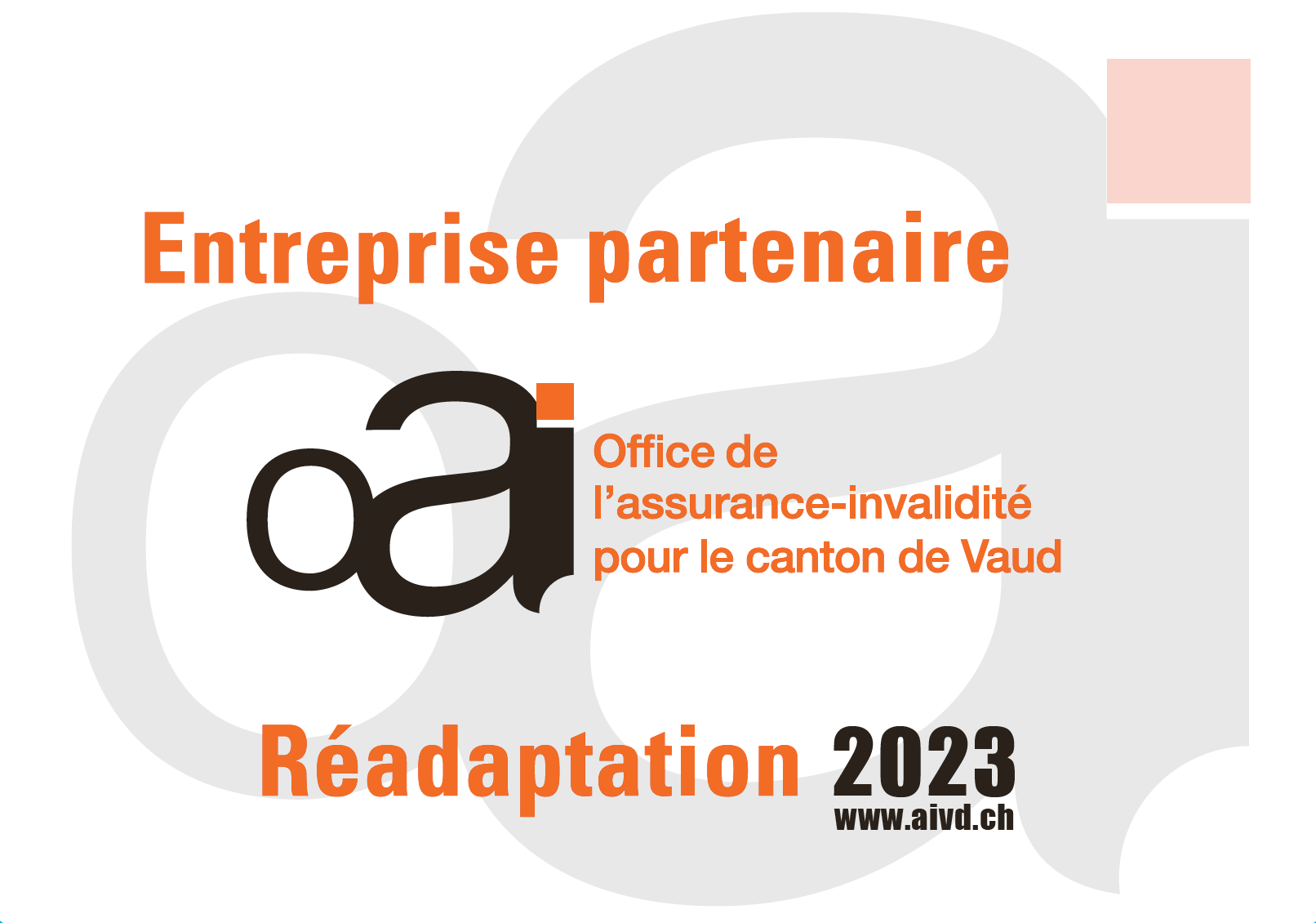Have you ever heard a family member start a rant with “back in my day…” and discuss how the price of milk, fuel, or the house they bought years ago was so much cheaper? Unfortunately, in my family, this timeless saying is becoming more and more frequent. So, what causes the older generation to reminisce about the cost of living?
Its name is Inflation, and it’s one of the most underappreciated forces that can impact your life financially.
So, what is inflation? To put it as simply as possible, it is the decrease in the purchasing power of your money over time. For instance, think about what you can buy from the supermarket for 100 CHF today, and then what you might be able to buy with the same 100 CHF, but in 10 years’ time.
Each franc is worth less because the price of goods and services is more expensive. Even a low rate of inflation, if persistent, can have a significant impact on the long-term purchasing power of money. At just 2 percent per year, if sustained, inflation will double the price cost every 35 years. So, in reality, a franc would lose half of its purchasing power. Imagine what the effect would be at 5 percent per year or 8% like we are seeing in parts of Europe or the US now.
If someone took out a fixed-rate, 10-year mortgage at 1 percent and inflation turned out to be 2 percent over the life of the mortgage, the debtor (borrower) would end up paying a real interest rate of negative 1 percent. That’s a good deal for the debtor, but not for the creditor (lender). As you can see from this simple example understanding inflation and its effects can have a significant bearing on your financial assets.
For those that may remember Switzerland, which is now considered a low inflation rate country, has seen multiple occasions of high inflation rates most notably in December 1973 when the headline rate hit 12%, far above where we are today. As the world recovers from the effects of Covid-19, we are starting to see a rapid acceleration in inflation for advanced and emerging markets, driven by firming demand, supply chain shortages, and rising commodity prices.
As the cost of oil rises, the cost of fuel increases which has a knock-on effect on just about everything we purchase. This is especially scary for retirees with large holdings of lower return assets, such as cash and bonds. Fortunately, a common secondary effect of inflation is rising interest rates, as upward price pressure eventually prompts Central Banks to increase borrowing costs and dial back bond-buying programs to cool a heating economy.
To ensure your investments can weather the effects of rising inflation, one should always seek the advice of an industry professional. For more information and advice contact a qualified adviser at Swissential on tel. 022 786 2020 or email info@swissential.com







